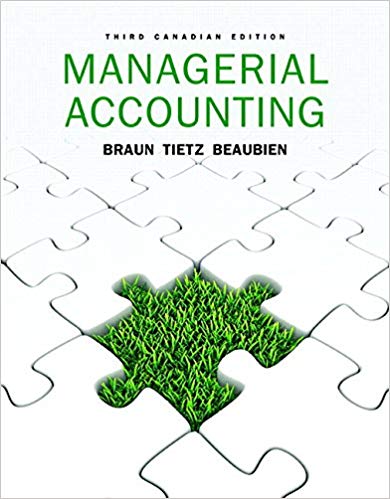Question
INTEGRATED CASE APPLICATIONPINNACLE MANUFACTURING: PART VII 16-35 (Objectives 16-2, 16-3, 16-4) Parts III, V, and VI of this case study dealt with obtaining an understanding

INTEGRATED CASE APPLICATIONPINNACLE MANUFACTURING: PART VII 16-35 (Objectives 16-2, 16-3, 16-4) Parts III, V, and VI of this case study dealt with obtaining an understanding of internal control and assessing control risk for transactions affecting accounts payable of Pinnacle Manufacturing. In Part VII, you will design analytical procedures and design and perform tests of details of balances for accounts payable. Assume that your understanding of internal controls over acquisitions and cash disbursements and the related tests of controls and substantive tests of transactions support an assessment of a low control risk. The listing of the 519 accounts making up the accounts payable balance of $12,969,686 at December 31, 2011 is included under the Pinnacle link on the textbook Web site. Required a. List those relationships, ratios, and trends that you believe will provide useful information about the overall reasonableness of accounts payable. You should consider income statement accounts that affect accounts payable in selecting the analytical procedures. b. Study Table 19-5 (p. 647) containing balance-related audit objectives and tests of details of balances for accounts payable to be sure you understand each procedure and its purpose. Prepare an audit program for accounts payable in a performance format, using the audit procedures in Table 19-5. The format of the audit program should be similar to Table 16-5 (p. 541). Be sure to include a sample size for each procedure. c. Assume for requirement b that (1) assessed control risk had been high rather than low for each transaction-related audit objective, (2) inherent risk was high for each balance-related audit objective, and (3) analytical procedures indicated a high potential for misstatement. What would the effect have been on the audit procedures and sample sizes for requirement b? d. Confirmation requests were sent to a stratified sample of 51 vendors listed in Figure 16-8 (p. 552). Confirmation responses from 45 vendors were returned indicating no difference between the vendors and the companys records. Figure 16-9 (pp. 553554) presents the six replies that indicate a difference between the vendors balance and the companys records. The auditors follow-up findings are indicated on each reply. Prepare an audit schedule similar to the one illustrated in Figure 16-10 (p. 555) to determine the misstatements, if any, for each difference. The audit schedule format shown in Figure 16-10 can be downloaded using the Pinnacle link on the textbook Web site. The exception for Fiberchem is analyzed as an illustration. Assume that Pinnacle Manufacturing took a complete physical inventory at December 31, 2011, and the auditor concluded that recorded inventory reflects all inventory on hand at the balance sheet date. Include the balances confirmed without exception as one amount on the schedule for each stratum, and total the schedule columns. e. Estimate the total misstatement in the income statement, not just the misstatements in the sample, based on the income statement misstatements you identified in requirement d. The total misstatement should include a projected misstatement and an estimate for sampling error. Hint: See pages 257258 for guidance on calculating the point estimate. Note that the misstatements should be projected separately for each stratum. You will need to determine the size of each stratum using the accounts payable listing. Use your judgment to estimate sampling error, considering the size of the population and the amounts tested. FIGURE 16-8 Pinnacle Manufacturing Sample of Accounts Payable Selected for ConfirmationDecember 31, 2011 f. Estimate the total misstatement in accounts payable in the same way you did for the income statement in requirement e. Hint: A misstatement caused by the failure to record an FOB origin purchase is an understatement of accounts payable and inventory and has no effect on income. g. What is your conclusion about the fairness of the recorded balance in accounts payable for Pinnacle Manufacturing as it affects the income statement and balance sheet? How does this affect your assessment of control risk as being low for all transaction-related audit objectives? Assume you decided that tolerable misstatement for accounts payable as it affects the income statement is $250,000.
Step by Step Solution
There are 3 Steps involved in it
Step: 1

Get Instant Access to Expert-Tailored Solutions
See step-by-step solutions with expert insights and AI powered tools for academic success
Step: 2

Step: 3

Ace Your Homework with AI
Get the answers you need in no time with our AI-driven, step-by-step assistance
Get Started


